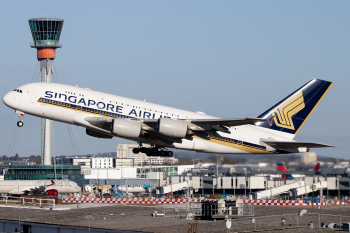Boeing is planning to partner with the Roundtable on Sustainable Biomaterials (RSB) on a study that aims to facilitate the production of sustainable aviation fuel (SAF) in Southeast Asia. SAF is important to Boeing because it can enable sustainable growth and help the aviation sector meet its goal to reach net zero emissions by 2050.
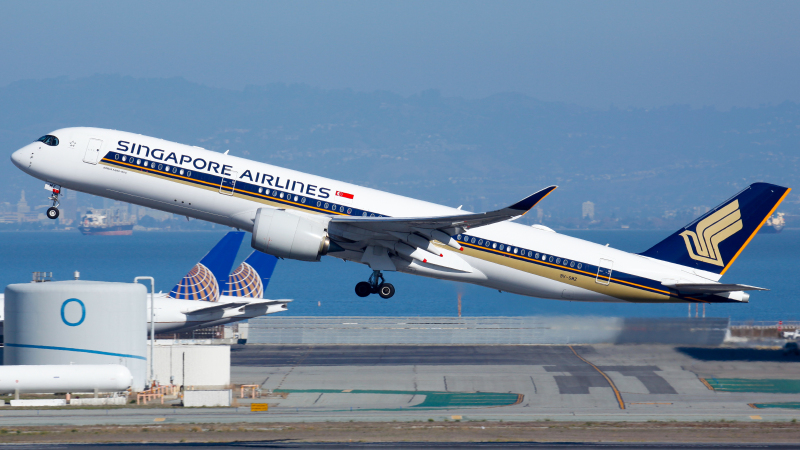
SAF is able to reduce lifecycle carbon emissions by up to 80% compared to traditional petroleum-based jet fuel. Since SAF currently accounts for only around 0.1% of fuel consumption worldwide, Southeast Asia can play a major role in the industry's transition. The region is estimated to have approximately 40% of the world's feedstock supply.
The first phase of the study will focus on whether a SAF industry can develop in Southeast Asia based on the region's current supply of feedstocks, with a strong focus on sustainable development.
The study is additionally expected to look at the policies that each country has in place to determine if the political environment would be friendly to SAF production. Other areas of interest to the researchers include the technical and economic viability of various pathways to expanding the SAF industry.
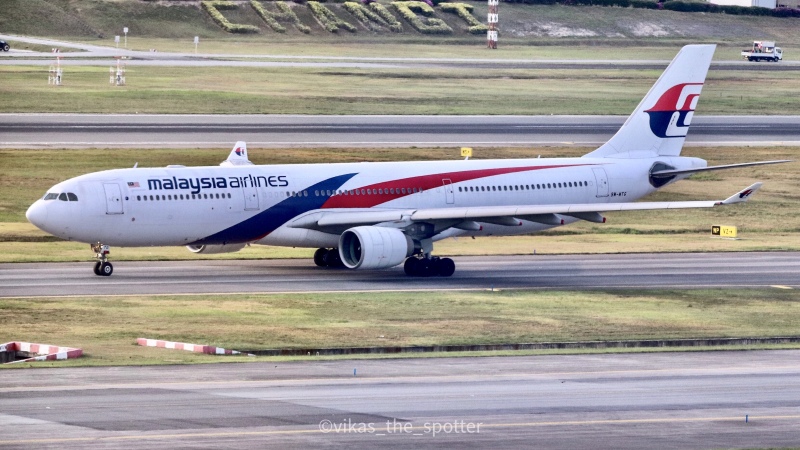
The results of the study, along with recommendations on how to move forward, are expected to be published in the first quarter of next year.
RSB's Program Director Arianna Baldo said, "We are excited to start a new partnership with Boeing in Southeast Asia, looking at supporting the regional aviation sector to decarbonize in a way that goes beyond emission reductions and also considers wider sustainability impact on the environment and society."
Boeing has announced a plan to deliver aircraft that are completely compatible with SAF by 2030. The company's current fleet of aircraft is still required to use some traditional jet fuel since the technology is not yet advanced enough to power 100% SAF-powered aircraft.
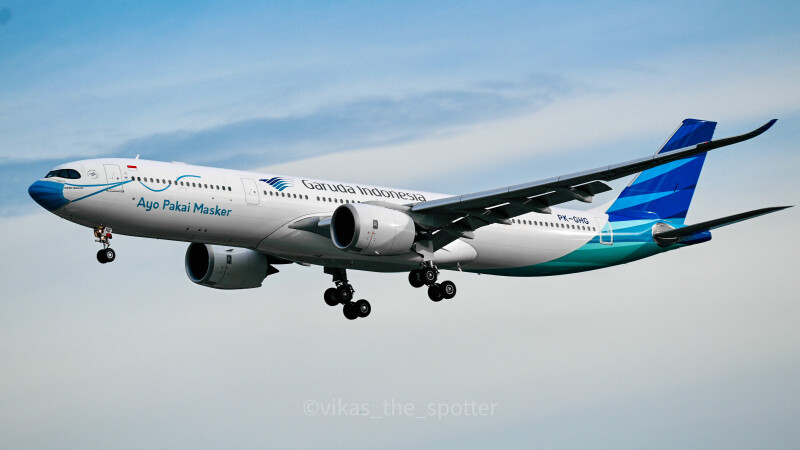
Boeing's Global Sustainability Policy and Partnerships lead for Southeast Asia Jacqueline Lam said, "It's imperative to expand the supply of SAF to decarbonize aviation, as they are safe and used every day as a drop-in replacement for fossil-based jet fuel. The findings of the study will provide an evidence-based, data-driven set of recommendations for promoting the SAF industry in Southeast Asia."
Boeing and RSB have created an advisory group consisting of a variety of stakeholders that can play an important role in the study. The group includes policymakers, corporations, and financial institutions.
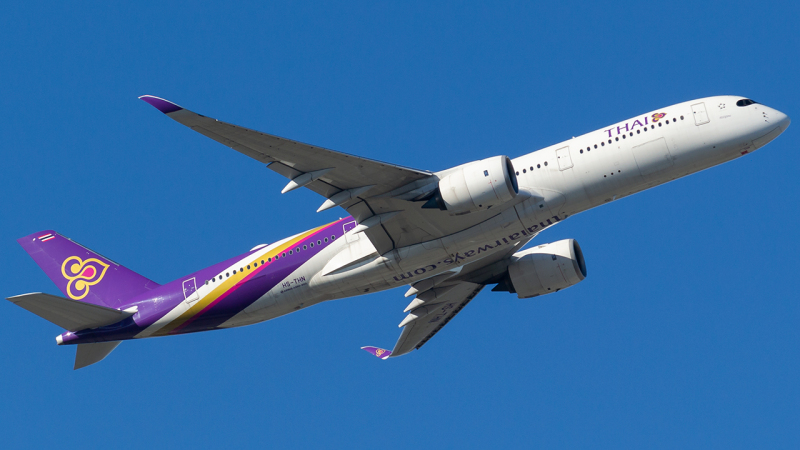
Boeing and RSB already have a partnership that aims to determine the potential for different regions of the world to become hubs for SAF production. This initiative has found that Brazil, Ethiopia, and South Africa have enough feedstock opportunities to further develop the industry.
In Southeast Asia, companies have announced separate plans to expand SAF production in Singapore, Malaysia, and the Philippines.
In Malaysia, Malaysian Aviation Group (MAG) has signed an agreement with Petronas Dagangan to develop SAF on a commercial scale domestically.
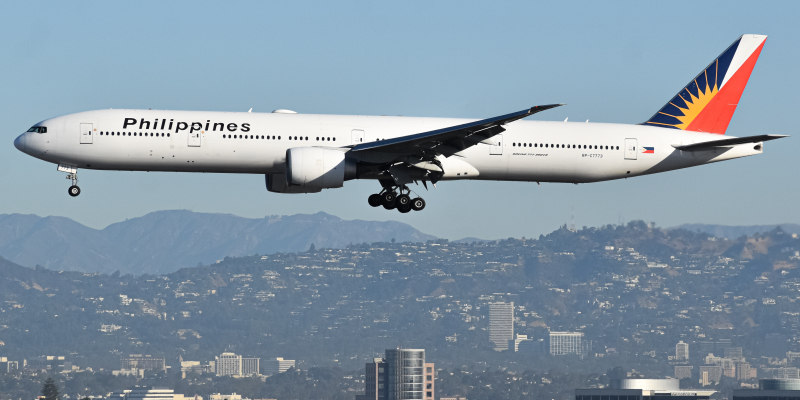
In Singapore, Singapore Airlines launched a one-year SAF pilot program in July 2022 in collaboration with ExxonMobil and Neste. Both companies blended SAF with traditional jet fuel and provided the product to flights operated by Singapore Airlines and its low-cost subsidiary Scoot at Singapore Changi Airport (SIN).
Furthermore, Neste recently opened a plant in Singapore that can produce 1.3 million tons of renewable fuel annually.
In the Philippines, Cebu Pacific flew an aircraft from Singapore to Ninoy Aquino International Airport (MNL) in Manila using a 35% SAF blend from Neste in September 2022. The airline later launched a partnership with Shell Eastern Petroleum to make SAF more widely available for its fleet.
Comments (0)
Add Your Comment
SHARE
TAGS
NEWS SAF Sustainable Aviation Fuel Asia Southeast Asia Zero Emissions RSBRECENTLY PUBLISHED
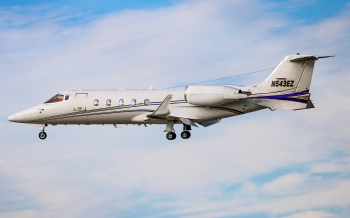 Learjet Owned By Vince Neil Crashes Into Gulfstream Jet, 1 Fatality Confirmed
On February 10th, around 14:30 local time, a Learjet private jet aircraft crashed into another private jet after landing at Scottsdale Airport (SCF) in Arizona.
NEWS
READ MORE »
Learjet Owned By Vince Neil Crashes Into Gulfstream Jet, 1 Fatality Confirmed
On February 10th, around 14:30 local time, a Learjet private jet aircraft crashed into another private jet after landing at Scottsdale Airport (SCF) in Arizona.
NEWS
READ MORE »
 Seattle Plane Strike 2025: Japan Airlines and Delta Collision Raises Safety Concerns
Seattle-Tacoma International Airport saw a concerning incident on Wednesday morning when a Japan Airlines (JAL) plane clipped a parked Delta Air Lines jet while taxiing. Thankfully, no one was injured, but passengers described the collision as a frightening experience.
NEWS
READ MORE »
Seattle Plane Strike 2025: Japan Airlines and Delta Collision Raises Safety Concerns
Seattle-Tacoma International Airport saw a concerning incident on Wednesday morning when a Japan Airlines (JAL) plane clipped a parked Delta Air Lines jet while taxiing. Thankfully, no one was injured, but passengers described the collision as a frightening experience.
NEWS
READ MORE »
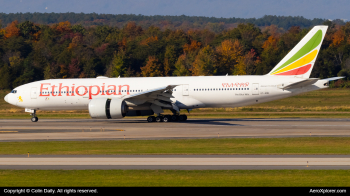 Ethiopian Airlines Expands Cargo Fleet with New Boeing 777 Freighter
Ethiopian Airlines has expanded its cargo fleet with a brand-new Boeing 777 Freighter, registered as ET-BAB (MSN 68140). The aircraft was delivered directly from Boeing’s factory in Everett, Washington, USA, and landed at Addis Ababa Bole International Airport at 3:41 PM (GMT+3) on Wednesday, January 22, 2025.
NEWS
READ MORE »
Ethiopian Airlines Expands Cargo Fleet with New Boeing 777 Freighter
Ethiopian Airlines has expanded its cargo fleet with a brand-new Boeing 777 Freighter, registered as ET-BAB (MSN 68140). The aircraft was delivered directly from Boeing’s factory in Everett, Washington, USA, and landed at Addis Ababa Bole International Airport at 3:41 PM (GMT+3) on Wednesday, January 22, 2025.
NEWS
READ MORE »



